Discover the vibrant world of Rastafarian culture
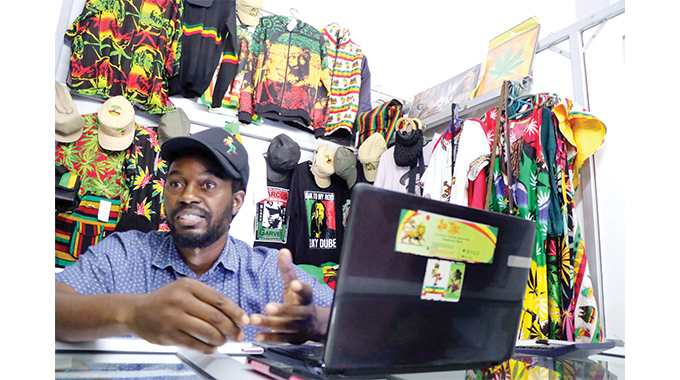
Rejoyce Sibanda, Chronicle Reporter
AT first glance, Ras-Tings shop may appear like any other store in the city centre in Bulawayo. However, upon entering, one is welcomed by a vibrant atmosphere filled with bright colours, old-time Rastafarian music, and an array of artefacts.
The shop is home to a variety of products, including clothes, shoes, bags, hair products, jewellery, and much more.
Farai Mushoriwa, the owner of Ras-Tings, is a well-known figure among Rastafarians, described as a “knowledge hub” where one can learn anything about Rastafarian artefacts and culture.
Farai explains that Rastafarianism is a calling that comes from the heart, and it is not something one just wakes up and decides to be. He says: “Rastafarianism is a movement, a lifestyle, a culture, and a way of life.”
Established in 2006, the company started with two shops in Bulawayo and has since grown to six branches in various cities, including Victoria Falls, Harare, Cape Town and Johannesburg.
The idea behind the stores was to centralise Rastafarian products and make them more accessible to customers. Farai emphasises that the company’s primary goal is to uplift the Rasta community by creating job opportunities for Rastafarians and promoting Rastafarian culture.
“Ras-Tings is a convergence of different artists, and we are just gathering artists that we used to work with and get their products to be sold in our shop. Instead of selling them on the streets, they bring them here. So, what you see here is from different artists that bring their products. Some of the things we do physically here since we are also artists as well. We are unique in that we are trying to conscientise the black community and we want to cultivate ‘isintu’ and promote it in a business way,” explains Farai.
The shop not only sells artefacts but also promotes conscious clothing. The bright colours used in the clothes have significance in the African context, and they represent the colours of the rainbow, which is also reflected in African flags. Farai adds that the Trade Fair has helped people understand that Rastafarians are also businesspeople, and the platform has uplifted the community.
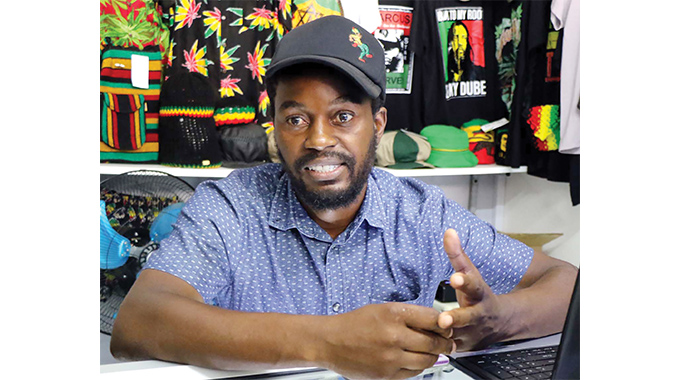
Farai Mushoriwa
Unfortunately, there are negative perceptions surrounding Rastafarianism. People also often associate it with Jamaica, and they assume that Rastafarians are only good at smoking and do nothing productive. Farai sees Ras-Tings shops as a message to people that Rastafarians are capable of doing something that is profitable, can uplift, and reach out to the community.
“Gender is balanced in our movement because we even have women who are doing the most in artefacts and also on the business side of things,” says Farai.
The Rastafarian movement is inclusive and welcomes anyone who identifies with its principles and way of life.
Visiting Ras-Tings shop is not only a shopping experience but also an opportunity to learn about Rastafarian culture and history. The shop is a reflection of the Rastafarian language, and it breathes Rasta.

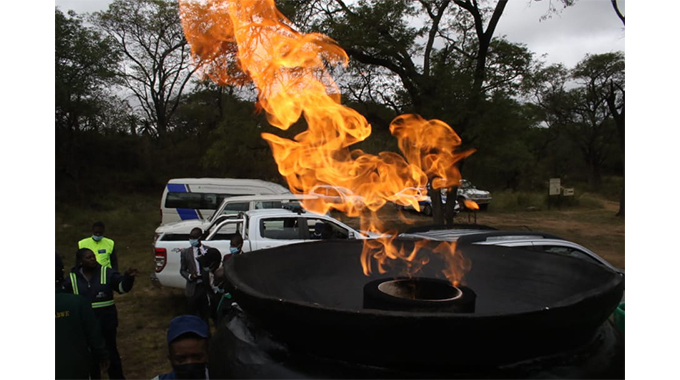

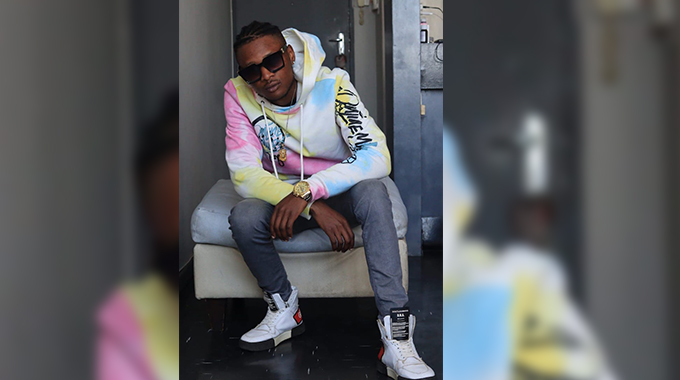
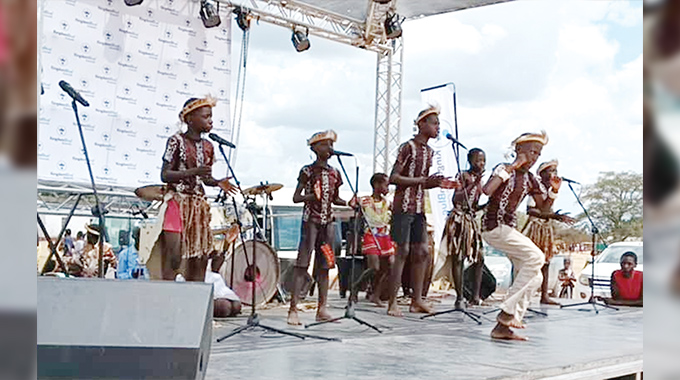







Comments